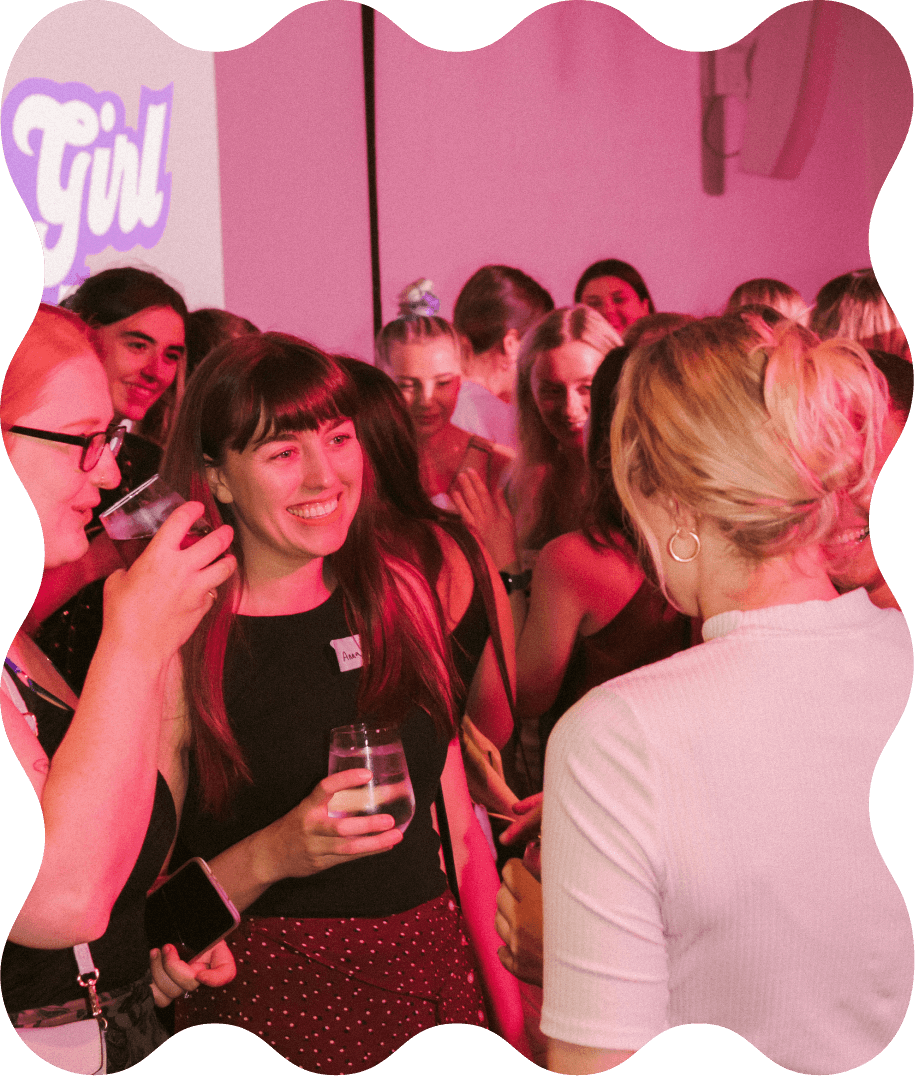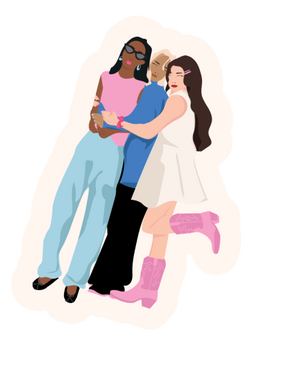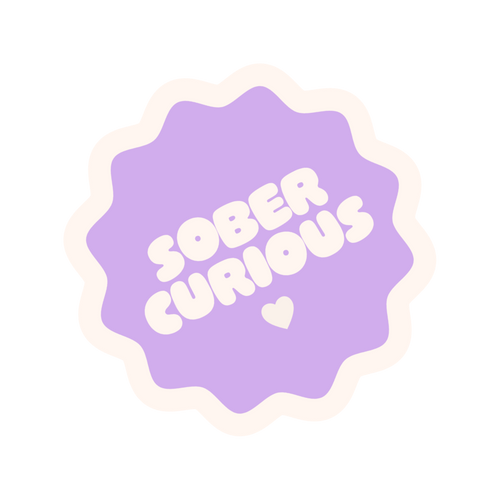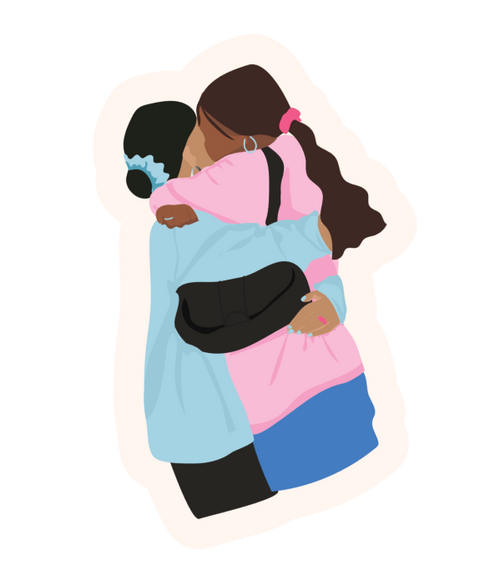The legal drinking age varies from country to country. In West Africa’s Burkina Faso you can buy yourself a bevvy from the age of 13 but on the other side of the continent in Eritrea, you need to be 25.
Another thing that varies from country to country, is how seriously people take these legal drinking ages and how well they’re enforced.
Binge-drinking Britain
I grew up in Britain, where you can buy alcohol from the age of 18. For me and my friends, this was not a law to be respected but an inconvenient barrier to our desire to guzzle Lambrini straight out the bottle on park benches.
We started drinking at around the age of 13 (which would have been far simpler if we lived in Burkina Faso). We spent the next five years coming up with cunning ploys in order to access alcohol. These included sending off for a fake ID with the coupon from the back of a mate’s porn magazine, memorising my sister’s date of birth and optimistically handing bouncers her passport or cajoling reluctant adults outside Costcutter to get us a bottle of Glen’s vodka.
The fact is, in Britain, the majority of young people drink alcohol before they turn 18. People start young.
The facts
In 2018, an NHS survey found that 70% of English 15-year-olds had drunk alcohol, and no doubt that number would be increased if absolutely everyone answered honestly. It’s worth noting that it was more likely to be the girls who had been drunk in the last four weeks than the boys.
As I type this out I feel like I’m betraying 15-year-old me. I can feel the hatred my teenage-self would have directed towards any adult who bowled in with adolescent drinking stats and a disparaging tone.
What’s the problem? It’s just a little drink right? Didn’t we all do it? Stop being the fun police and let the kids have their Bacardi Breezers. It’s not hurting anyone.
Or is it?
The fact is, what 15-year-old me didn’t know (or care to know) was that the research suggests that this is far more serious than just a bit of youthful highjinx.
No longer reserved for the geriatric population, over the last ten years, people are dying of liver disease younger and younger. It’s now not uncommon for people in their 20s and 30s to be diagnosed with cirrhosis.
The sad fact is that it doesn’t take monumental changes to drinking patterns to dramatically reduce this risk. If you take someone from drinking 23 units a day (about two bottles of strong wine – the recommended amount is 14 per week so this is very high) to eight units a day (3/4 of a bottle of wine – still way over guidelines), this makes their risk of experiencing liver disease 410 times lower.
Liver disease aside, a person’s body continues developing well into their 20s, with the peak of that growth between the ages of 12 and 17. Binge drinking in this time can cause harm to your neurons and brain structures that lasts a lifetime. That’s right, a lifetime – a heavy price to pay for some 13-year-old poor decision making.
Another study showed that periodic alcoholic benders in youth led to damage in the area of the brain associated with memory and learning, as well as making those regions more susceptible to injury or disease in later life.
And finally, yet another study identified one of the key risk factors for developing an alcohol dependence as heavy drinking in adolescence.
The way forward
Alright, I’ve convinced you – it’s a bad idea to regularly get leathered in the park as a teenager – but what can we do about it?
As previously implied, if someone had told me it was dangerous to drink as a teen I would have ignored them. In fact – I did ignore them.
I sat through the PSHE classes where we were told not to touch the deadly poison and only responded with muffled laughs. Nothing was coming between me and a Saturday Smirnoff Ice session.
So, if we want to have a positive influence on the teenagers in our lives, what should we do? Here are a few things that I’ve learned when communicating with teenagers (after getting it wrong many times):
- I try to speak to a young person like the adult they believe themselves to be – I speak to them exactly the same way I would a 25-year-old.
- I don’t push abstinence. What’s the point? It’s like trying to stop a teenager from getting pregnant by telling them to wait till marriage. It’s not going to happen. There are healthier practices to have a drink here and there without letting things go too far, if you can help them develop those, you’re on to a winner.
- I try to be open and allow them to speak honestly without judgement. Honesty begets honesty, so if you’ve got some experience of adolescent drinking – it may be worth sharing it.
- No one ever told me that if I felt depressed, I shouldn’t drink alcohol for a while. So simple – always missed.
- Giving people tools to understand their drinking is key. Encourage them to ask themselves why they’ve gone on a binge if they have. Are they afraid they won’t fit it? Are they bored? Are they feeling angry/sad/hurt/afraid/happy? Are there better ways they can respond to these feelings?
Ultimately, making sure that a young person knows there’s someone who will have these conversations with them, without judgement, could be a lifeline.
I never had someone engage with me like an adult and listen as much as they talked.
The more we can step in and offer that to the young people we know, the better.
It may even be what 15-year-old you needed. I know it’s what I did.
Written by Lauren Windle
Lauren Windle is a journalist, presenter, and author. She’s been sober since April 2014, has a Masters in Addiction Studies from King’s College London and runs a support programme for anyone seeking recovery from addiction in West London. You can connect with her on Instagram and Twitter @_Lauren_Celeste.












